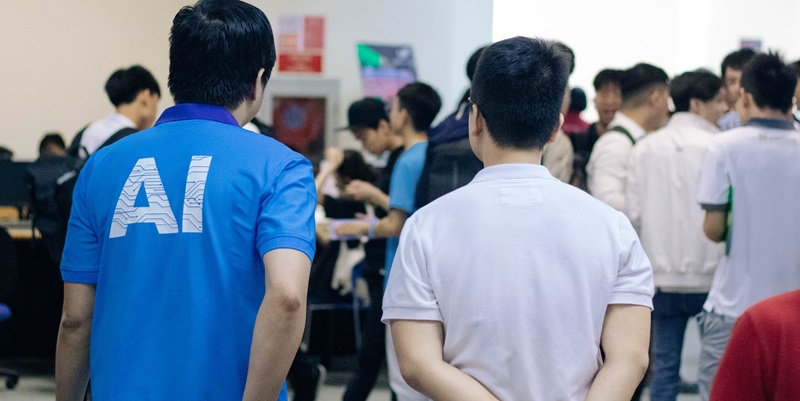With the rapid development of artificial intelligence (AI) technologies, concerns about the alignment and safety of superintelligent AI systems have become more prominent. In response to this challenge, OpenAI formed the Superalignment team in July, dedicated to developing ways to steer, regulate, and govern these powerful AI systems. The objective of the team is to address what is arguably one of the most critical unsolved technical problems of our time.
Building Governance and Control Frameworks
One of the primary focuses of the Superalignment team is to construct governance and control frameworks suitable for future superintelligent AI systems. These frameworks aim to guide the behavior and decision-making of these AI systems in a manner that aligns with human values and ensures their safe operation. By developing effective frameworks, OpenAI hopes to establish a foundation for the responsible deployment and use of superintelligent AI.
Exploring the Weak-Strong Model Approach
To make progress in aligning superintelligent AI systems, the Superalignment team is also exploring the weak-strong model approach. This approach holds the potential to yield breakthroughs not only in superalignment but also in other areas such as hallucinations. By incorporating weak models that assist in managing and auditing the behavior of stronger models, researchers hope to enhance the alignment of AI systems with human values and mitigate potential risks.
$10 Million Grant Program for Superintelligent Alignment Research
Recognizing the importance of collaborative research, OpenAI has launched a $10 million grant program to support technical research on superintelligent alignment. This program aims to encourage researchers from various disciplines to contribute to the overarching goal of ensuring the safe deployment and use of advanced AI systems. Notably, a portion of the funding for this grant program will come from former Google CEO and chairman Eric Schmidt, highlighting his support for OpenAI’s mission.
Involvement of Eric Schmidt and AI Doomerism
Eric Schmidt, known for his industry expertise and forward-thinking perspective, has been an ardent supporter of OpenAI CEO Sam Altman. Schmidt shares concerns about the potential dangers posed by AI systems and believes that regulators need to take more proactive measures in preparing for their arrival. While some may question Schmidt’s motivations due to his commercial interests, his involvement underscores the urgency of addressing AI safety concerns and the need for collaboration between industry leaders and research institutions.
Openness and Availability of Research
One significant concern surrounding OpenAI’s superalignment research is its accessibility and usage. However, the Superalignment team assures that OpenAI’s research, including code, will be made publicly available. Moreover, the research and work of grant recipients and prize winners will also be shared openly to foster collaboration and contribute to the safety of advanced AI in general. OpenAI’s commitment to transparency and collaboration seeks to pool expertise across the AI community and address the safety challenges posed by superintelligent AI systems.
The alignment and safety of superintelligent AI systems are essential considerations that demand immediate attention. OpenAI’s Superalignment team is at the forefront of this effort, working to develop governance and control frameworks to guide the behavior of superintelligent AI systems. The exploration of the weak-strong model approach further demonstrates OpenAI’s commitment to innovative research that addresses the challenges posed by advanced AI technologies. By launching a generous grant program and fostering openness in research, OpenAI invites collaboration and contributions from the wider AI community to ensure the safe and beneficial development of superintelligent AI. As OpenAI continues to push the boundaries of AI research, they remain steadfast in their mission to protect not only their own models but also those of other labs and promote the overall safety of advanced AI for the benefit of humanity.

